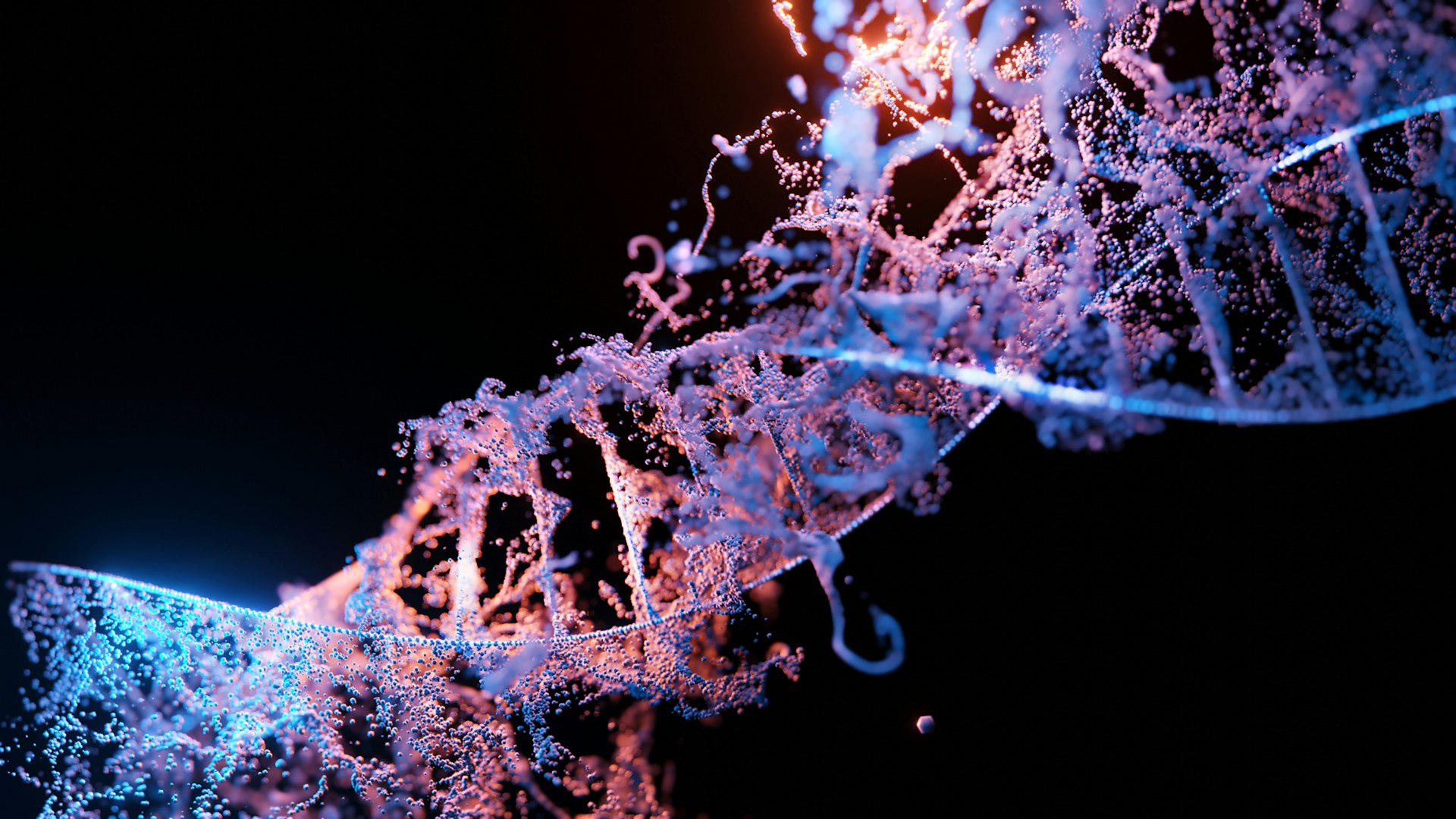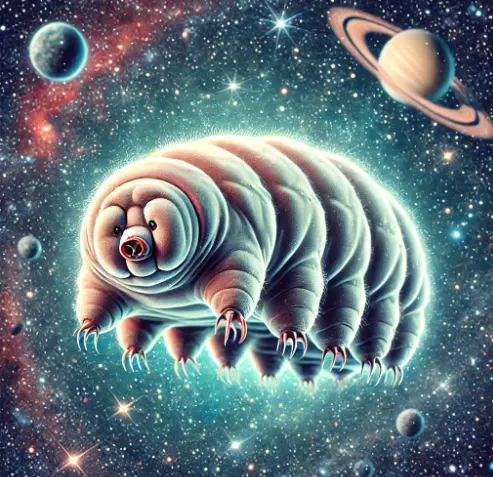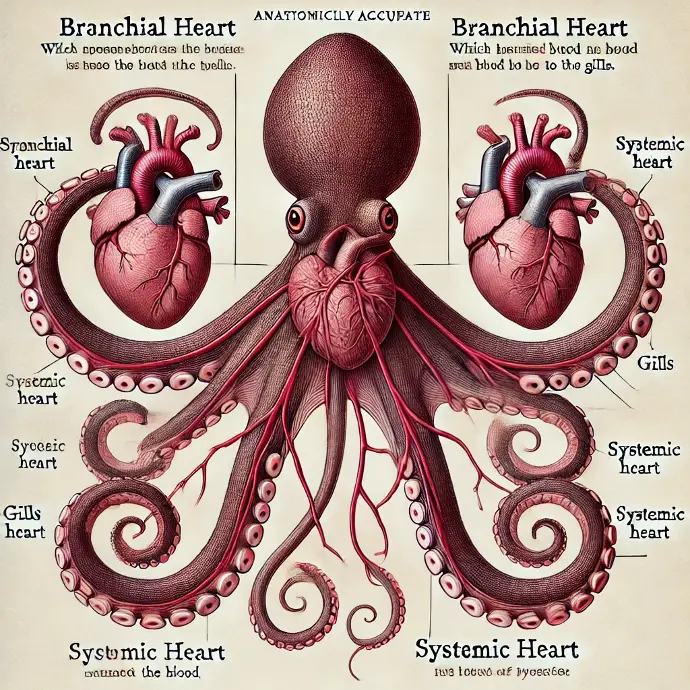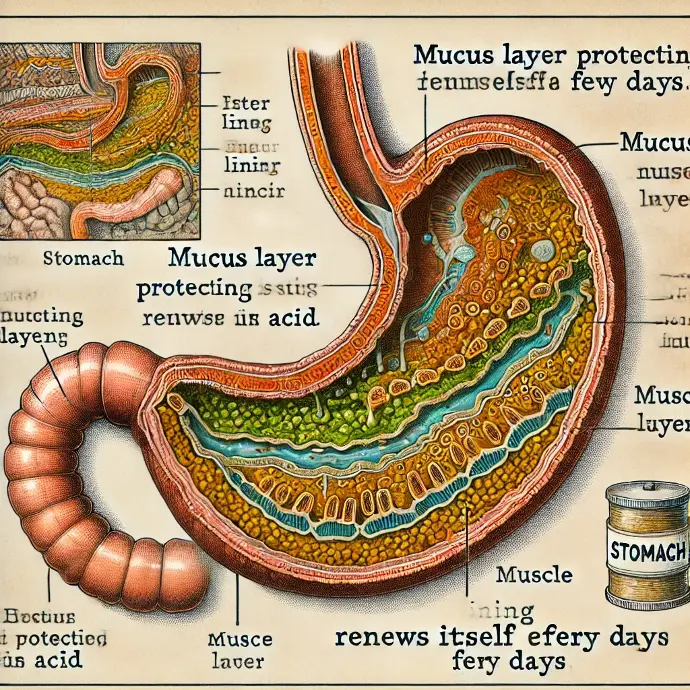Biology
Biology is the scientific study of life and living organisms, including their structure, function, growth, evolution, and interactions with the environment. It encompasses various fields such as genetics, ecology, microbiology, and physiology, helping us understand the complexity of life from microscopic cells to entire ecosystems.
Human DNA is 99.9% identical across all people, with only 0.1% accounting for the unique differences between individuals, like appearance and personality traits. This shows how closely connected all humans are despite our diversity!

Tardigrades, also known as "water bears," can survive in space!
These tiny, microscopic creatures can endure extreme conditions, including freezing temperatures, boiling heat, radiation, and even the vacuum of outer space. They achieve this by entering a state called cryptobiosis, where they lose almost all water in their bodies and become nearly indestructible. Scientists even sent them to space, and they survived exposure to cosmic radiation!


Octopuses have three hearts and blue blood! 🐙
Two of their hearts pump blood to the gills, while the third pumps it to the rest of the body. When an octopus swims, the heart that supplies blood to the body actually stops beating, which is why they prefer crawling over swimming—it’s less exhausting for them! Plus, their blood is blue because it contains hemocyanin, a copper-based molecule that helps transport oxygen in cold, low-oxygen environments.

Your stomach is an incredibly harsh environment, filled with strong hydrochloric acid (HCl) that helps break down food and kill harmful bacteria. This acid is so powerful that it can dissolve metals, yet your stomach doesn’t digest itself thanks to a protective mucus lining and the rapid regeneration of its cells. In fact, the stomach’s lining completely renews itself every 3 to 4 days to prevent damage from the acidic environment and the mechanical churning of digestion. Without this constant renewal, the stomach’s own acid would begin to erode its tissues, leading to severe damage or ulcers. This remarkable ability to self-repair is just one of the many ways the human body maintains its health and function.